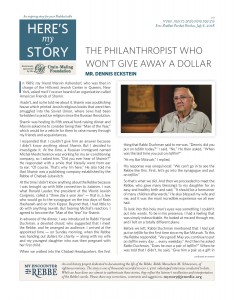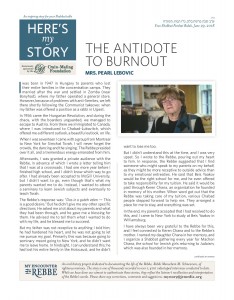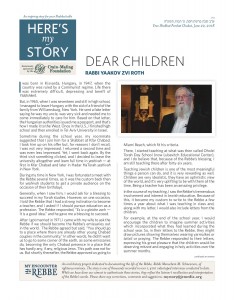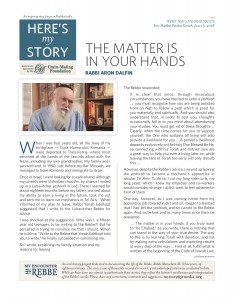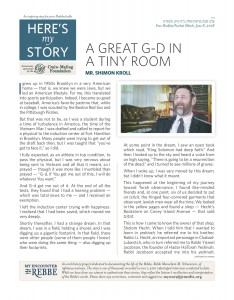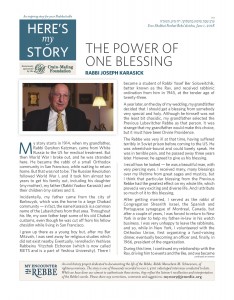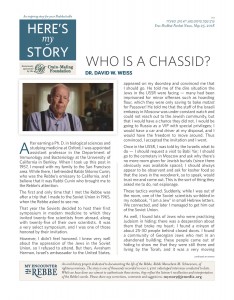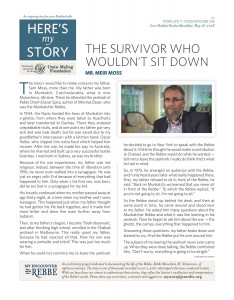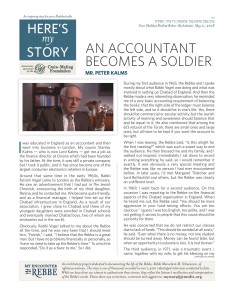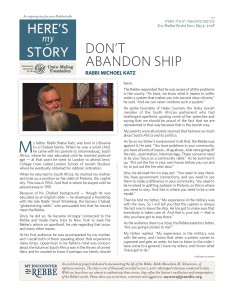The Philanthropist Who Won’t Give Away a Dollar
In 1989, my friend Marvin Ashendorf, who was then in charge of the Hillcrest Jewish Center in Queens, New York, asked me if I’ve ever heard of an organization called American Friends of Shamir.
I hadn’t, and so he told me about it. Shamir was a publishing house which printed Jewish religious books that were then smuggled into the Soviet Union, where Jews had been forbidden to practice religion since the Russian Revolution.
Shamir was hosting its fifth annual fund-raising dinner and Marvin asked me to consider being their “Man of the Year,” which would be a vehicle for them to raise money through my friends and acquaintances.
I responded that I couldn’t give him an answer because I didn’t know anything about Shamir. But I decided to investigate it. At the time, a Russian immigrant named Michal Meshchaninov was working for my air-conditioning company, so I asked him, “Did you ever hear of Shamir?” He responded with a smile that literally went from ear to ear: “Of course. That’s why I’m here.” He also told me that Shamir was a publishing company established by the Rebbe of Chabad-Lubavitch.
At the time I didn’t know anything about the Rebbe because I was brought up with little connection to Judaism. I was what Ronald Lauder, the president of the World Jewish Congress, called a “three day a year Jew” – that is, a Jew who would go to the synagogue on the two days of Rosh Hashanah and on Yom Kippur. Beyond that, I had little to do with anything Jewish. But hearing Michal’s reaction, I agreed to become the “Man of the Year” for Shamir. (more…)


